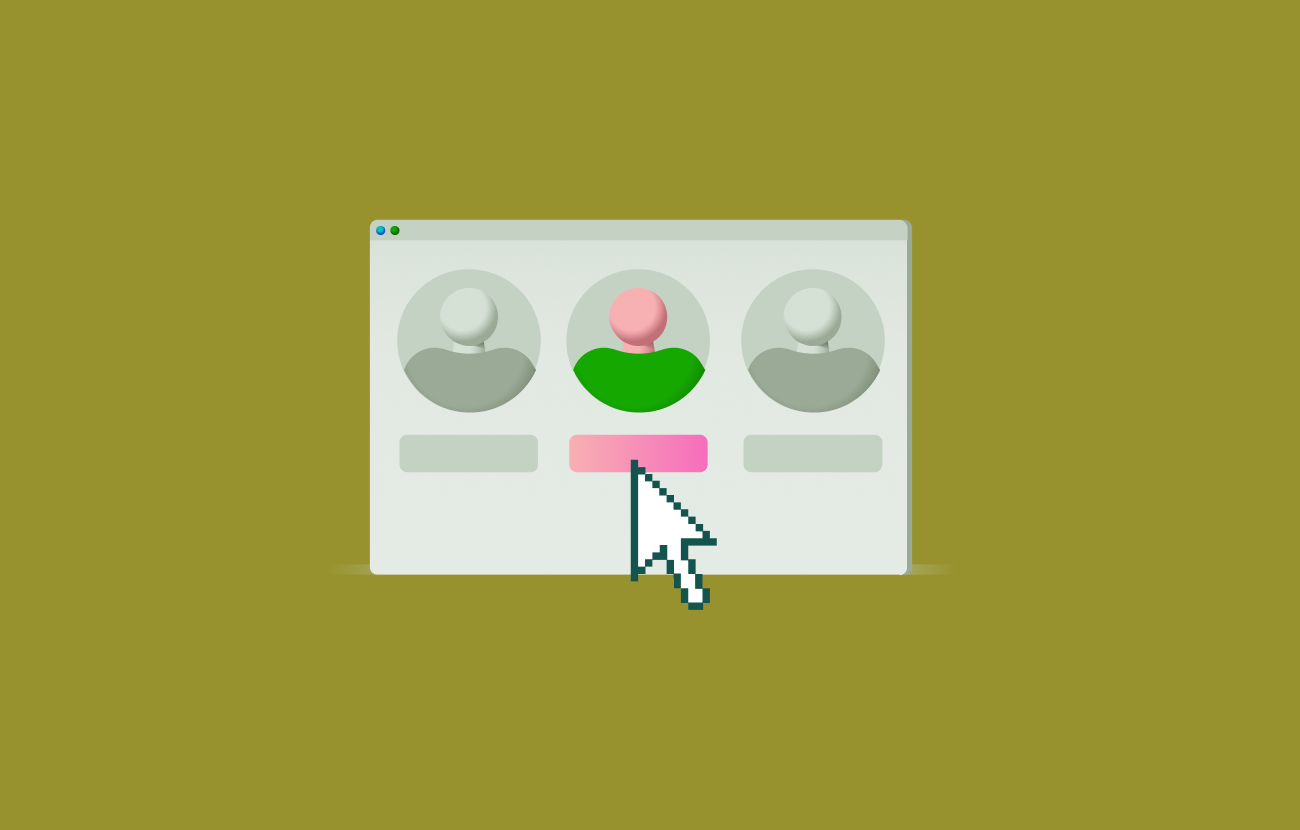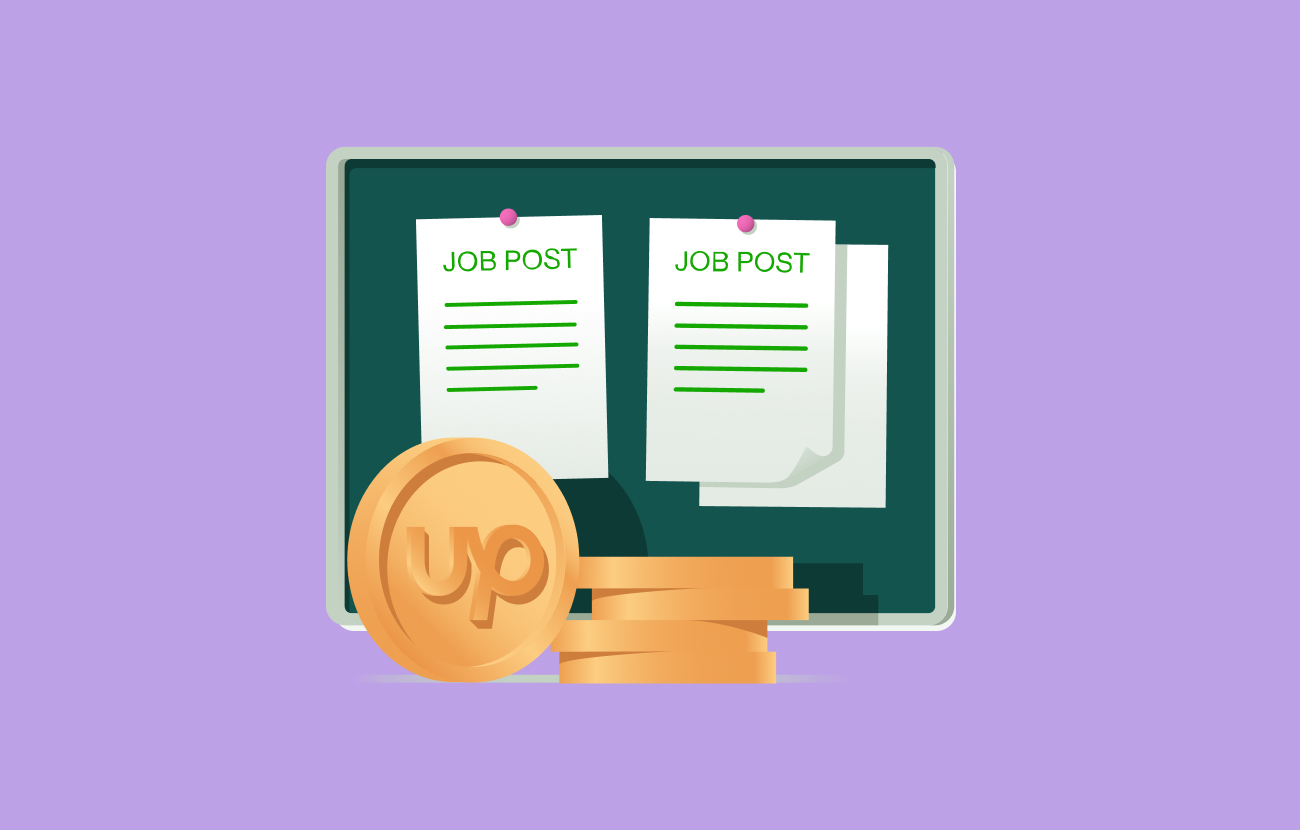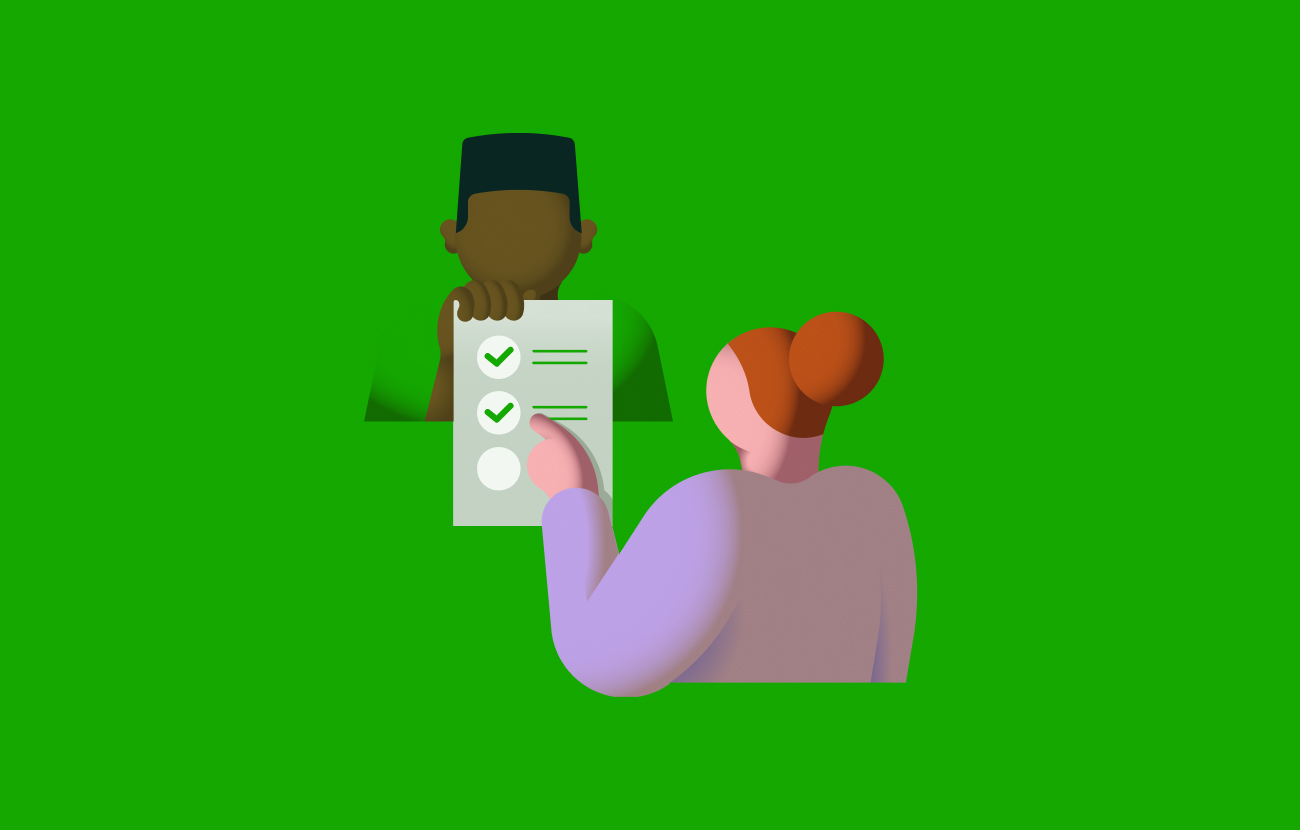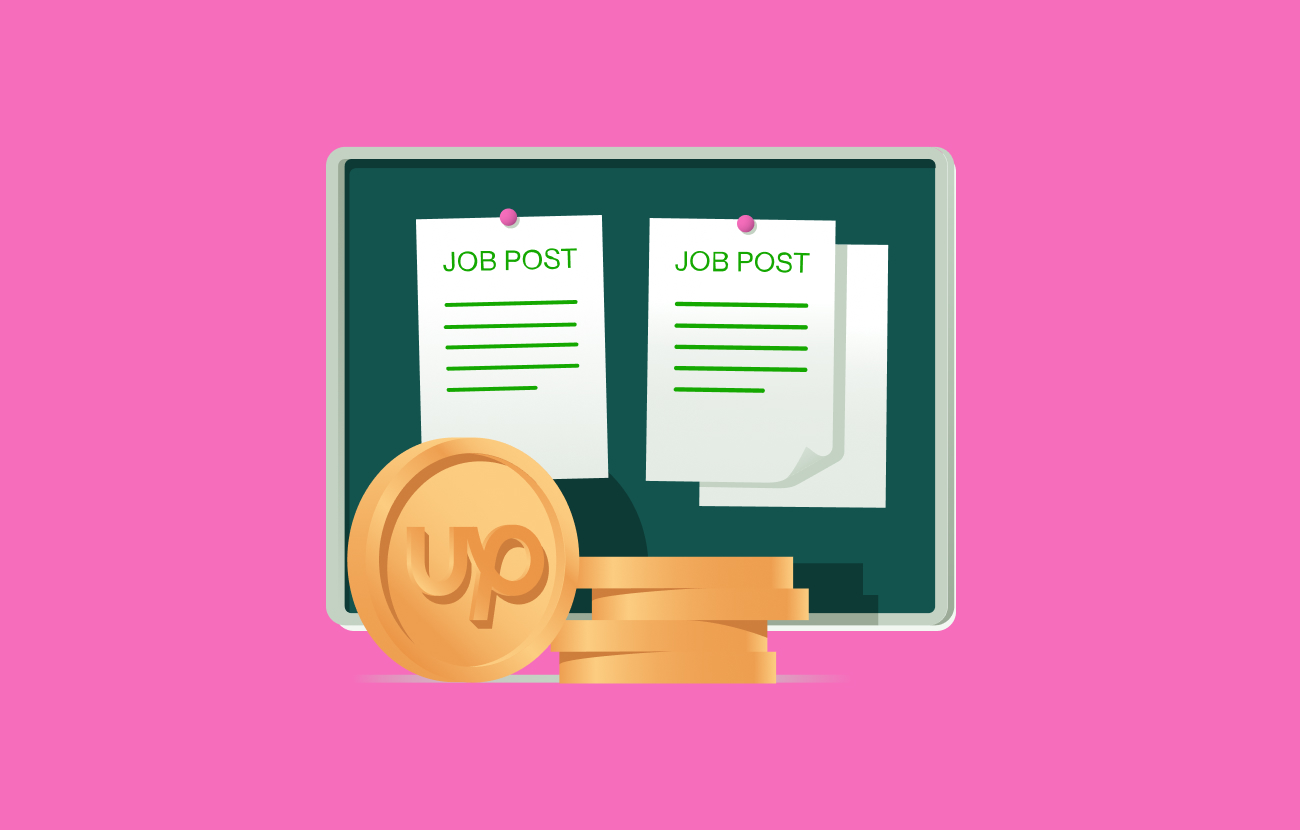How To Become a Freelance Accountant: Build Your Business
Chart your freelance accounting path. Embrace best practices and strategies to see consistent client satisfaction, financial growth, and a rewarding career.

Freelance accounting is a service increasingly embraced by accountants and the national and local businesses that hire them. From the point of someone who wants to become an independent accounting professional, this type of work gives them the flexibility and opportunity to provide services to different prospective clients. It also enables them to apply for an increasing number of freelance accounting jobs, relying on strong credentials and competitive rates with their low overheads.
Research shows that going freelance from a full-time position doesn’t have to mean a loss of income. The majority of professionals who started working for themselves found that their income remained the same or improved (by up to 75%).
Many business owners, especially small business owners, also rely on freelance and part-time accounting help because of the savings versus hiring full-time staff. But even businesses with full-time accounting departments realize the benefits of hybrid solutions, supplementing their traditional workforce with independent accounting talent, who can be used during busy fiscal periods or free up traditional workers to focus on higher-value activity.
For professionals in the bookkeeping business, there’s more opportunity than ever. This article provides practical, expert guidance on launching and operating your own freelance accounting business.
Freelance accounting and bookkeeping: Responsibilities and opportunities
Whether working on their own or with in-house teams, an independent accountant can supply services that include:
- Recording revenues and expenses in a digital ledger to ensure books are balanced
- Ensuring a business’s financial operations remain compliant with the law
- Handling all tax issues
- Billing clients for a business and dealing with late payments
- Preparing the necessary business reports and financial statements
Whether an accountant professional is very experienced or just starting in their career, they can use Upwork to find rewarding jobs—both one-time assignments and ongoing high-quality work. They can gain access to opportunities on the world’s human and AI-powered work marketplace, connecting the right talent with the right job opportunities.
Using Upwork, it’s possible to find a wide variety of accounting roles, including accountants who analyze and make reports on the financial activities of a business, help managers make financial decisions, work as external auditors, or find new efficiencies for businesses by analyzing the costs of their processes.
The platform can also help businesses start up by providing essential input into their business plans. Or they can find jobs as freelance bookkeepers who focus on recording financial transactions (where accountants are qualified to look after a wider variety of accounting functions).
Becoming a freelance accountant: Key qualifications and considerations
Before embarking on a career as a freelance accountant, you need to ask yourself a couple of questions. Do you have the necessary qualifications for this career, including education, certifications, and experience? And are you prepared for the kind of freelance life you’ll have as a professional accountant?
Qualifications you’ll need for a freelance accounting career
The more freelance accounting qualifications you can present in an online job profile, the greater the variety of work you’ll find and the better rates you can command. Some important qualifications for a freelance accounting career include:
- Get an accounting education. The minimum entry-level qualification for work in accounting would be a bachelor’s degree in the field. Courses in accounting, auditing, and tax accounting are usually involved, and some may require additional work in management, marketing, and finance. It’s also possible to get a master’s degree in accounting, which covers advanced accounting expertise and can help pave the way to get the credit hours required for certified professional accountant (CPA) licensing. You should also update your knowledge whenever you can with webinars, networking events, and professional courses.
- Become certified or licensed. While it’s technically possible to get freelance accounting work without certification or licensing, most businesses will expect you to have one or both of these things. To practice as a CPA, you must get a license at the state level, passing a CPA exam. Other professional certifications that can help candidates looking for freelance work stand out include: Certified Management Accountant (CMA), Certified Internal Auditor (CIA), and Certified Information Systems Auditor (CISA).
- Acquire work experience. Before looking for freelance accounting work or asking yourself how to get clients for your bookkeeping firm, it’s a good idea to have some work experience under your belt. You may obtain this by seeking an accounting internship or finding part-time work in the field.
Important considerations for freelance accounting professionals
Looking at the qualifications needed to become a freelance accountant may be putting the cart before the horse. Before you begin, take into account the most important consideration for becoming an independent accounting professional: Are you suited for the conditions of this type of work?
Of course, you need to be good with figures and detail oriented, with a strong understanding of economic patterns and tax codes, and be comfortable using technology.
There are the benefits of working when you want and where you want, and designing your own workspace. But are you prepared to deal with common industry considerations, such as:
- Your earnings can go up and down. Market conditions, the number of available jobs, and luck can all play a role in how much work you land and the money you make. Do you have the emotional and financial resilience to weather fluctuations?
- Employee benefits are often less available. Saving for retirement and health benefits are often among the things that freelancers have to look after themselves. As an accountant, you need to bring your financial planning skills into play for yourself as well, in order to enjoy the freedom of this work situation without financial stress.
- Self-motivation is required. While you’ll have clients as a freelance accountant, you are ultimately your own boss. Since no manager is standing over you, you must provide your own motivation, driven by your sense of professionalism and a desire for stability.
- You’re on your own. While you may land on-site work, you’ll also often work on your own, away from office camaraderie. So, it helps to be an individual who can thrive in a solo work environment, and feels comfortable with this level of independence.
While the challenges of working freelance or contractually exist, your ability to land fulfilling accounting work can increase substantially if you turn to the resources of Upwork, which has millions of job postings from potential clients across the world, looking for all manner of job skills.
9 expert tips for starting and running your freelance accounting and bookkeeping business
Launching and running a freelance accounting and bookkeeping business is a step-by-step process that adds up over time. To give you an advantage and help you avoid common missteps, here are nine tips and best practices you can incorporate into your independent accounting operation:
1. Determine the kinds of services you’ll offer
A large part of selling yourself is knowing what kinds of services you’ll offer. Will it be financial reporting, auditing and assurance, taxation, strategy and governance, performance management, or something else?
2. Use your connections to find your first assignments
Landing your first client is often the hardest part of freelance accounting work. Starting is always hard to do. Don’t be afraid to use your connections, especially with the people who know you and your work. If you’ve done part-time work or an accounting internship, perhaps you can ask a former manager to send work your way. Don’t feel shy about asking friends and family for recommendations so that you can land an ideal client.
3. Establish a sales and marketing plan
While it’s good to have personal connections to start a business, you should have a sales and marketing plan for continued and sustainable growth, covering everything from business cards and advertising to even podcasts. This would include the most likely ways you can find new business at a low cost.
As you become established, you might want to turn to professional branding and design to fine-tune your presence. If you can’t afford their costs, some marketing professionals may be open to exchanges of services (your accounting services for their branding ones).
4. Develop an online presence
More and more work is coming through online connections, so make sure you have an effective presence. Have a site outlining your accounting credentials, experience, business focus, and client testimonials.
Develop a social media marketing presence (including using the professional networking capabilities of LinkedIn) and perhaps turn to the services of a search engine optimization (SEO) firm to ensure you climb as high up the organic search engine results page as possible.
For finding work online, use the world’s work marketplace, Upwork.
5. Embrace technology
Today, accountants rarely work with hard-copy ledgers, wearing visors and using fountain pens. To succeed, you need to be familiar with a variety of software packages, including, of course, accounting and bookkeeping software, such as QuickBooks, video-conferencing platforms (fast becoming as necessary as face-to-face meetings), and other technologies, such as headphones for calls and video sessions.
6. Set your prices wisely
Determining what you should charge for your services can be as much art as science. You need to strike the right balance between being competitive enough to land work but not so low that you feel unfairly compensated.
Part of setting pricing is knowing how much money you need in order to get by personally and for your business, taking into account all your operating expenses. According to the U.S. Bureau of Labor Statistics (BLS), the mean hourly wage for the profession is $38.23. The mean hourly wage can vary according to the industry you are catering to and where your business operates. For example, the mean hourly wage for an accountant in New York ($47.43) is much higher than Florida ($34.92).
7. Use personal referrals
Once you have your freelance accounting practice going, it’s a good business practice to tap current clients for testimonials (for any marketing and promotion work you do) and referrals, showing prospective clients how happy you’ve made other business owners or managers. While accounting is a respected profession, it’s also a business, so you shouldn’t be shy about asking for help.
8. Prepare for tax time
You’ll be very good at helping your client base prepare for tax time, but you shouldn’t neglect your own tax returns. It’s a common hazard of the freelance trade, where, for example, a professional web design firm might not update their own site for several years. Prepare to meet the tax deadlines and tackle the paperwork set forth by the government for your business, which will probably include the quarterly tax withholding payments you’ll likely need to make to the Internal Revenue Service (IRS).
9. Get insurance
If you make a mistake in accounting work for a client—or at least are accused of it—it makes sense to have liability insurance in the event of a lawsuit. Without proper protection, your business could be hamstrung or in jeopardy if there’s legal action against you.
Begin and build your freelance accounting career on Upwork
Starting a business as a freelance accountant takes a lot of serious calculations. Do you have the training, expertise, experience, and aptitude to handle the rigors of the profession? Do you know what area you want your accounting practice to focus on? Can you use in-demand accounting software packages? Would your business and career be helped by getting further accounting certifications or education?
If such questions are answered successfully, you’re well on your way to offering freelance services in a career that’s in demand and provides clear rewards.
Your formula for success should also include leveraging the resources of Upwork, bringing together the best companies and best independent talent from across the globe. With our help, you can move your career to the plus side of the ledger.






.png)
.png)
.png)
.png)
.png)



.svg)
.svg)






















